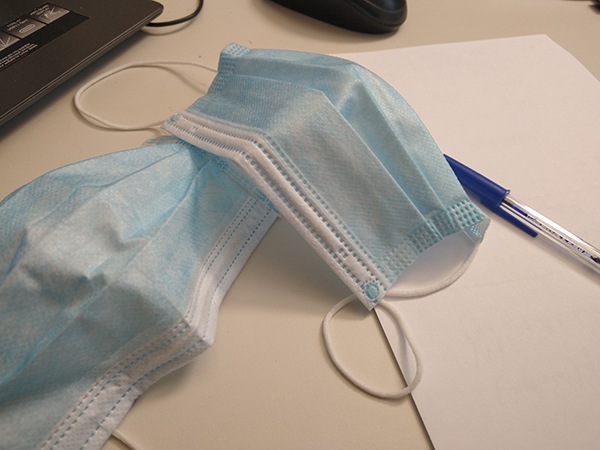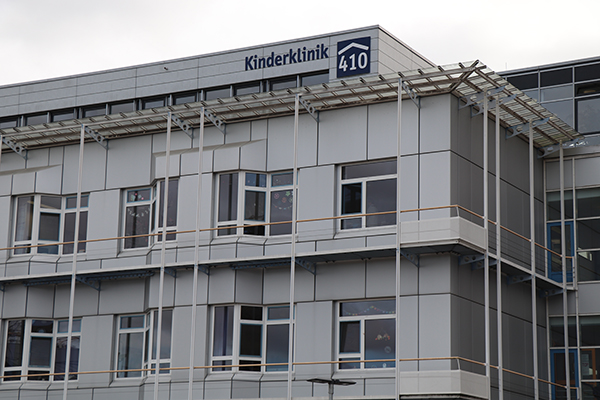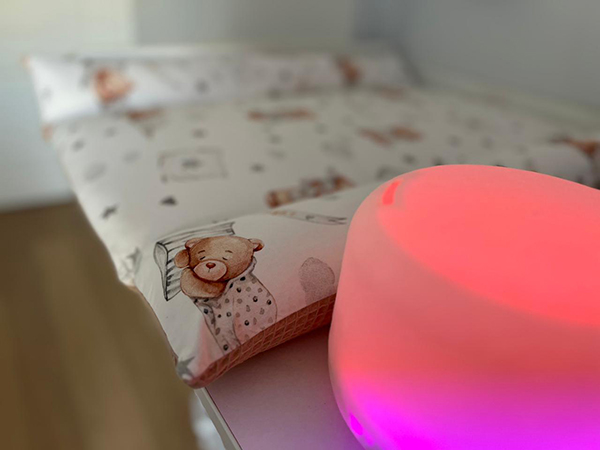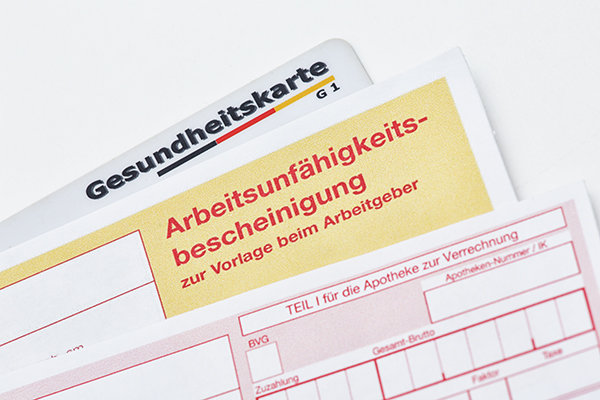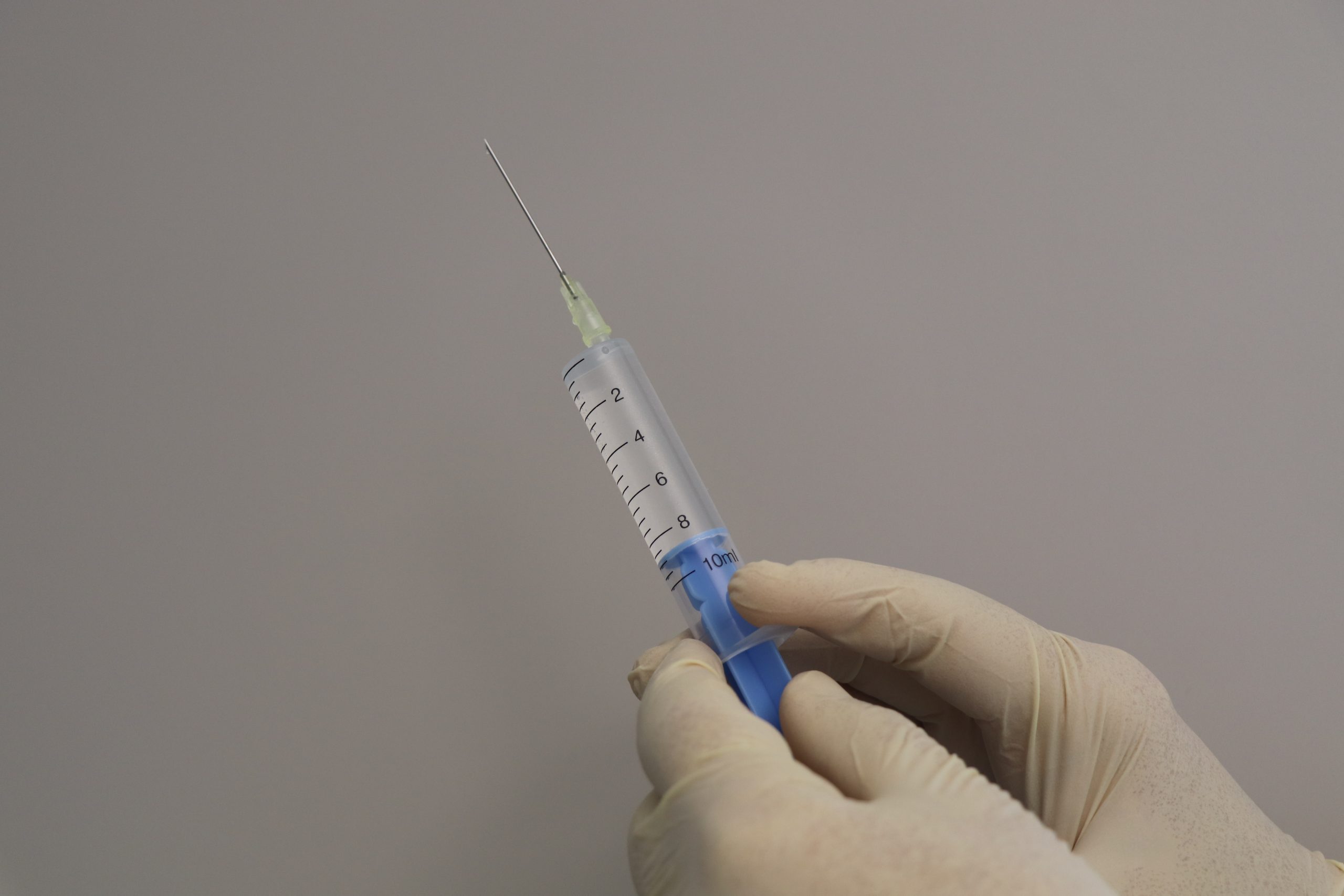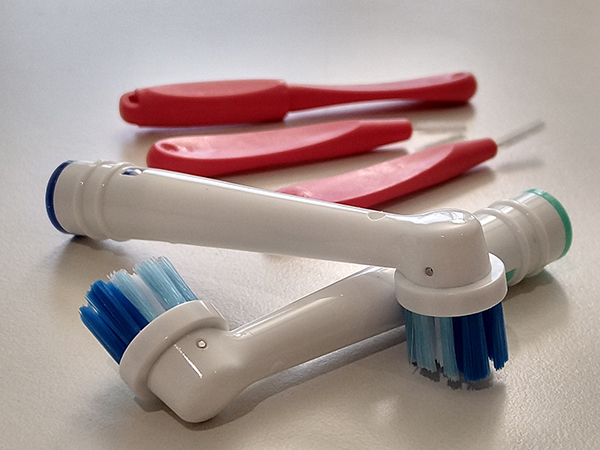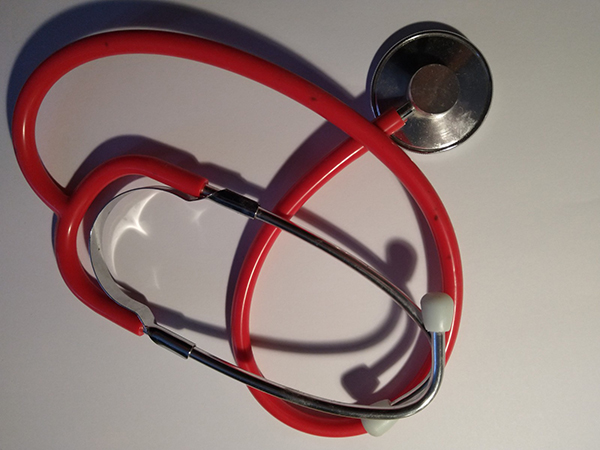Many doctors’ surgeries only have limited opening hours. However, medical emergencies often occur at weekends, on public holidays or outside these hours. In life-threatening cases, the emergency number 112 should be dialed. However, many emergency rooms are overloaded. The medical and pediatric on-call service is available for acute cases of illness that are not life-threatening. It can be contacted throughout Germany day and night on 116117. The on-call service will provide information on how to proceed and refer you to a doctor in an emergency. There is a dental emergency service for acute dental complaints. An online emergency service search… Read More
Category: 8-HEALTH -ENG
Only with a mask in the Tübingen hospital
More and more people are becoming infected with the coronavirus or other pathogens. Tübingen University Hospital is therefore making masks compulsory again. It will apply from Monday, 13 November, according to the hospital. The mask requirement applies to all buildings. A simple surgical mask is sufficient for visitors and outpatients as well as patients at the day clinic. It does not have to be an FFP2 mask. Staff at the hospital will also wear a mask when in direct contact with patients. https://www.medizin.uni-tuebingen.de/de/das-klinikum/pressemeldungen/609?press_str= tun23111001 www.tuenews.de Pflicht an der Uniklinik Tübingen: OP-Masken. Foto: tünews INTERNATIONAL / Martin Klaus. 000831
When the child is sick, the health insurance pays
When a child is sick, mothers or fathers often cannot go to work because they cannot find care. For children younger than 12, they are entitled to children’s sick days and children’s sick pay if there is no one else in the household to look after the sick child. This means that the mother or father does not have to go to work and their health insurance fund transfers 90 percent of their net salary. This is what it says on the homepage of the Federal Ministry of Health. Parents who are insured with a statutory health insurance fund are… Read More
Muslim chaplains at the University Hospital in Tübingen
At Tübingen University Hospital, Muslim chaplains accompany people of the Islamic faith during their stay in hospital. The consultations are coordinated by Hazem Elgafari, who has been working as a chaplain since 2017. The team consists of three men and two women. It is not only when life and death are at stake that people seek support from clergy. As Hazem Elgfari reported during the Intercultural Week, he also receives requests during Ramadan, for example. Is a devout Muslim allowed to take vital medication during the daily fasting period or does he have to wait until sunset? As Elgafari explains,… Read More
Counselling for pregnant women
Not all women are completely happy when they find out they are pregnant. The pregnancy counselling service of the Health Department at the Tübingen District Office offers them help. “Here, pregnant women and their relatives can get information and tips, apply for subsidies from the ‘Bundesstiftung Mutter und Kind’ (Federal Foundation for Mother and Child) if they have a low income, or get advice on couple and family problems”, says the press release of the district office. The counselling centre also helps if a woman is considering an abortion. It is recognised by the state as a pregnancy and pregnancy… Read More
University Hospital recommends masks again
To protect against corona and colds, the University Hospital in Tübingen recommends that patients, visitors and accompanying persons wear masks again in the hospital from 1 October. This was decided by the “Task Force Corona”, according to the press office of the hospital. The advice is to wear a simple mouth-nose protection, the so-called surgical mask. If possible, people should bring it with them and put it on when they enter the clinic. The mask is especially important if someone has a cough, cold or sore throat. “We would like to thank all those who help our patients, who are… Read More
How to call in sick
If you are sick, you cannot work. However, in order to avoid trouble with superiors at work and to ensure that wages continue to be paid, certain rules must be observed. Sick leave plays a very important role in this. What do you do if you cannot work because you are ill? The most important thing is to inform the employer immediately. If you are suffering from flu or have broken your foot, you must inform the company immediately and also tell them how long you will be absent. This can be done by phone or email, according to the… Read More
Orientation for parents: The vaccination calendar
In Germany, there are vaccination recommendations for children to protect them from various diseases. These recommendations are published by the Standing Commission on Vaccination (STIKO). There is also a vaccination calendar there that parents can use to get an overview of when their children should be vaccinated against which diseases. The recommended vaccinations include measles, mumps, rubella, whooping cough and tetanus. With one exception, these are recommendations: Only for measles is there a vaccination requirement for children older than one year who go to kindergarten, daycare or later to school. Vaccinations are paid for by the statutory health insurance funds.… Read More
No amalgam fillings for pregnant women and nursing mothers
Pregnant women and nursing mothers are not allowed to receive dental fillings containing amalgam. This is regulated in an EU directive that has been in force in Germany since 2018. The ban also applies to children and young people under the age of 15. This means that patients can receive other fillings— mostly made of plastic—without co-payments during this time. “People insured by a statutory health insurance fund are entitled to a filling for which they do not have to pay a co-payment in any case. The dentist must point this out in the consultation before the start of treatment,”… Read More
Problems of refugees in the health care system
A scientific study shows: Refugees often cannot cope with the German healthcare system. This is the result of an analysis by the medical faculty of the Charité in Berlin. The reasons are primarily language barriers and a lack of information about health care structures. “Many affected people do not know, for example, that the family doctor’s office is the central point of contact.” Furthermore, in addition to language barriers, a lack of time and a lack of medical professionals also caused problems. The Baden-Württemberg Ministry of Social Affairs and Health wrote in a press release. The ministry commissioned the study… Read More


